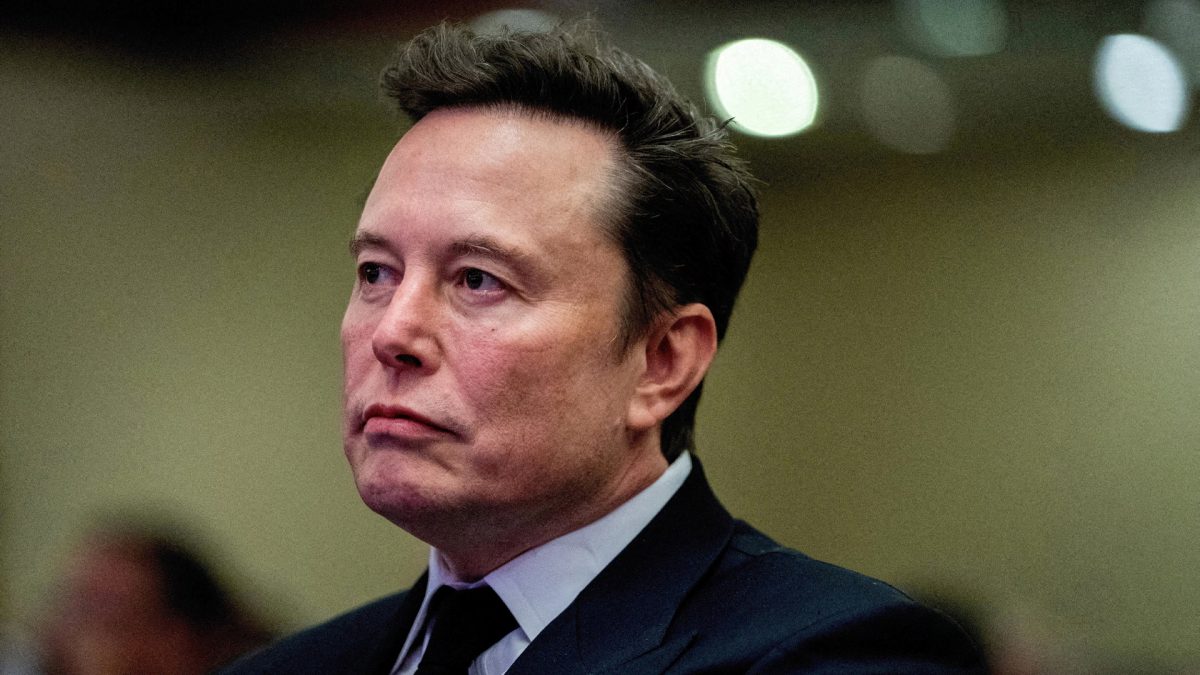In a recent meeting with staff at the General Services Administration (GSA), Thomas Shedd, the new director of the Technology Transformation Services (TTS) and a close ally of Elon Musk, outlined his ambitious plans for the agency.
Shedd introduced an “AI-first strategy” that aims to revolutionise how the government operates by automating tasks and centralising data across federal agencies, as per a report by the Wired. His vision for TTS mirrors the fast-paced environment of a “startup software company,” with a strong emphasis on using AI to streamline processes.
AI-first strategy and plans for automation
Shedd’s proposal focuses heavily on leveraging AI technology to automate many of the government’s operations, particularly in finance and administrative tasks. He envisions the development of “AI coding agents” that would be made available to all agencies, drastically reducing manual workloads. According to sources, Shedd believes that much of the routine work across the federal government can be automated to improve efficiency.
However, Shedd’s comments raised concerns among some staff and experts. Automating government tasks is far more complex than automating technologies like self-driving cars. The expert pointed out the risks involved in relying on inexperienced people who may not understand the nuances of government work. There is also concern about how such automation might impact privacy laws, with Shedd acknowledging these as a “roadblock” but insisting that the agency should push forward nonetheless.
Confusion and uncertainty among GSA employees
The transition at TTS, following the appointment of Shedd and other Musk associates, has left many GSA staff members feeling confused and uncertain about the future of the agency. Many workers have been thrust into unexpected one-on-one meetings and asked to present their work to new engineers, leading to questions about how the agency’s structure and culture will evolve.
In his meeting, Shedd attempted to address some of these concerns, but was vague on key issues like workforce cuts, the return-to-office mandate, and the timing of upcoming projects. At one point, he indicated that layoffs were a possibility for TTS, though he refrained from providing specifics. The uncertainty around staff reductions has added to the growing anxiety within the agency.
Collaboration with the US DOGE service and future workforce changes
During the meeting, Shedd highlighted the collaboration between TTS and the newly rebranded United States DOGE Service (previously the United States Digital Services, now rebranded under the Trump administration). While he emphasised that the two groups would not be merged, he stressed the importance of their combined efforts in implementing the government’s new tech strategy.
Employees also raised concerns about the young engineers involved in the process, some of whom had not identified themselves in meetings. Shedd responded by acknowledging the discomfort this caused, but also shared that one engineer had begun introducing himself during recent sessions. Despite these developments, staff members remain concerned about the future direction of the agency, with some wondering if they would be required to work more than 40 hours a week to manage the increasing workload.
Impact Shorts
More ShortsThe meeting left many GSA workers with more questions than answers, as they await clarity on the long-term impact of Shedd’s AI-driven transformation plans. The future of TTS appears uncertain, with ongoing concerns about staff morale, job security, and the balance between innovation and practicality in government automation efforts.


)

)
)
)
)
)
)
)
)



